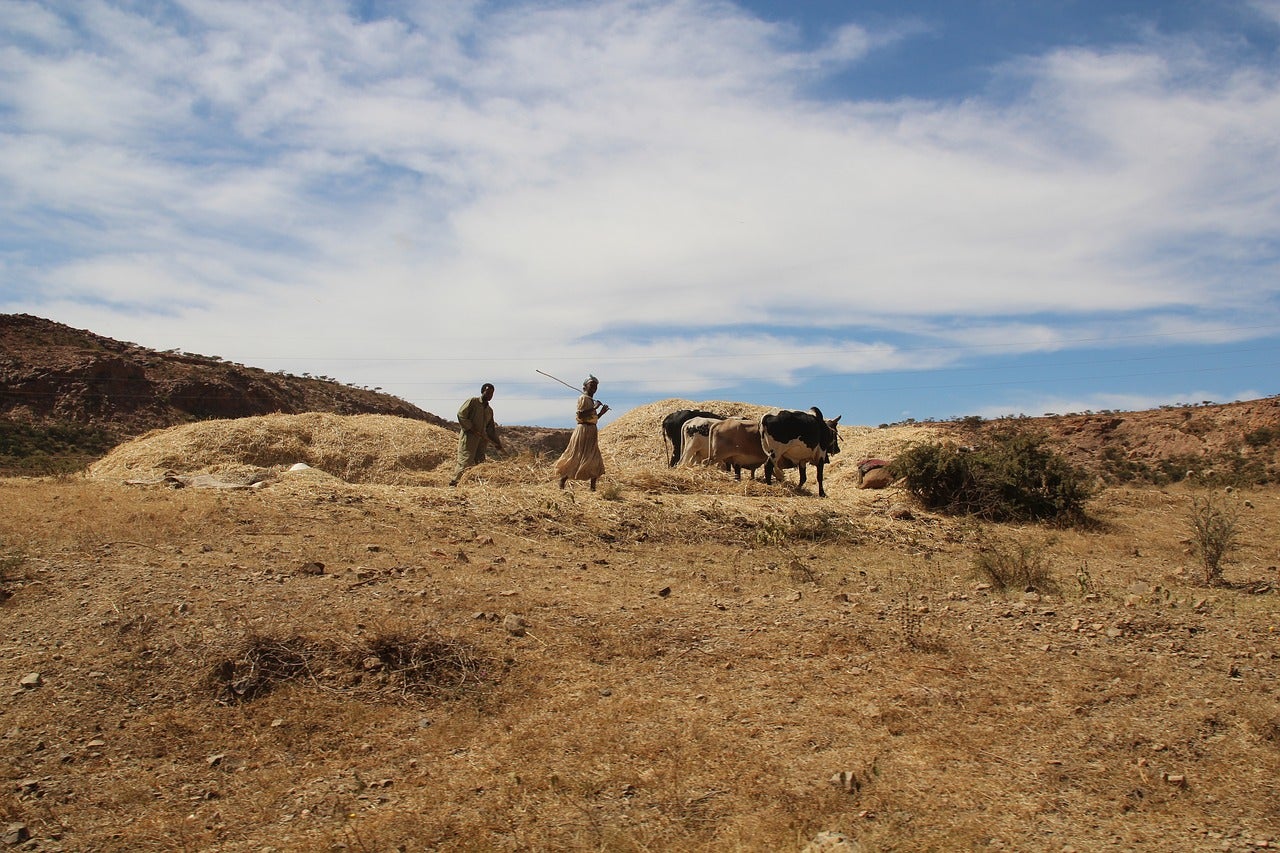
A recent report, Analysis of The Potential Contributions of Colluli Potash Project to Sustainable Development Goals in Eritrea, highlighted the ways in which the Colluli mine being in developed in the Danakil Depression region of Eritrea could benefit the local community and the country at large.
The project is particularly important given the increasing interest in exploration in the country following the lifting on UN sanctions.
The authors of the report, economist Cristian Parra and environmental economist PB Anand, explain what surprised them about its findings, what makes the Colluli project special and what more can be done to meet Sustainable Development Goals (SDGs).
Could you tell me about the Colluli Potash Project?
Cristian Parra (CP): To understand the impact of any mining project it is necessary to consider the social and economic context and the type of mineral. Firstly, Colluli, as mining project, could generate significant economic benefits linked to taxes and fiscal incomes, local procurement and employment. In this respect it is quite like any other large mining project.
Secondly, Colluli must be also considered as future supplier of high quality fertilizer. This is quite unique aspect of Colluli.
This particular combination of the two factors has a tremendous positive potential in terms of key economic and social conditions of the People in the Country. It is not easy to find a project in Africa with the magnitude of these effects.

US Tariffs are shifting - will you react or anticipate?
Don’t let policy changes catch you off guard. Stay proactive with real-time data and expert analysis.
By GlobalDataHow did you put together the report?
PB Anand (PBA): We were approached independently by the UN and were put together as a team. We used considerable secondary data analysis, accessed various reports and project information documents including financial projections and also had the opportunity to interview some of the key stakeholders.
The report is based on our analysis of this data and information collected and estimation methods we used on the available data to project some reasonable estimates to enable us to make judgements about the potential impacts on SDGs.
In what ways in particular will it contribute to the countries sustainability agenda?
CP: Colluli will have a direct impact on a number of economic dimensions including: exports; Investment; GDP (3% of Eritrean GDP by 2021); Local Procurement and employment; fiscal incomes; and impact on agriculture productivity. Because of these impacts and Colluli’s corporate policies the project has the potential to generate significant effects on Sustainable Development Agenda of Eritrea. In particular on 13 specific SDGs due to natural synergies between economic outcomes and these goals.
The most important effects on SDGs are connected to fiscal incomes and impacts that will be generated by Colluli’s final products.
Were there any outcomes of your research that surprised you?
PBA: Yes, a number of interesting features are quite surprising.
It is extremely interesting and positive to observe the level of commitment with the Sustainable Development Agenda and with a Social Impact approach that the shareholders of Colluli have. Danakali has been designing a project based on solid operational and financial pillars. However the most significant foundation is the Colluli’s commitment to the development agenda and the level of engagement with local authorities and entities to work to transform direct impacts into effective positive outcomes from the perspective of SDGs.
We were also surprised by the existence of a robust mineral law in Eritrea which was quite unexpected considering that large scale mining is a recent activity in Eritrea.
Another surprising observation concerns the ethos of some of the key stakeholders who highlighted of the intention to use the high quality fertiliser from Colluli as a means to achieve African co-operation.



